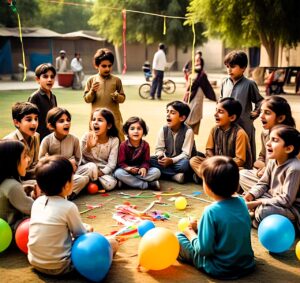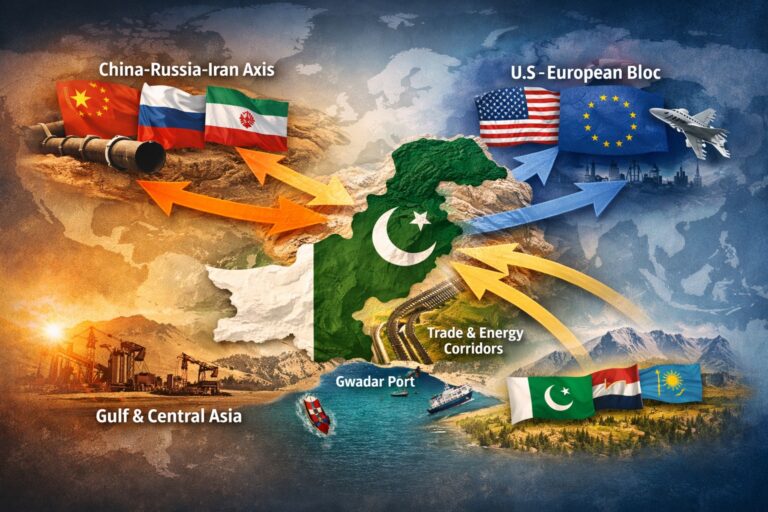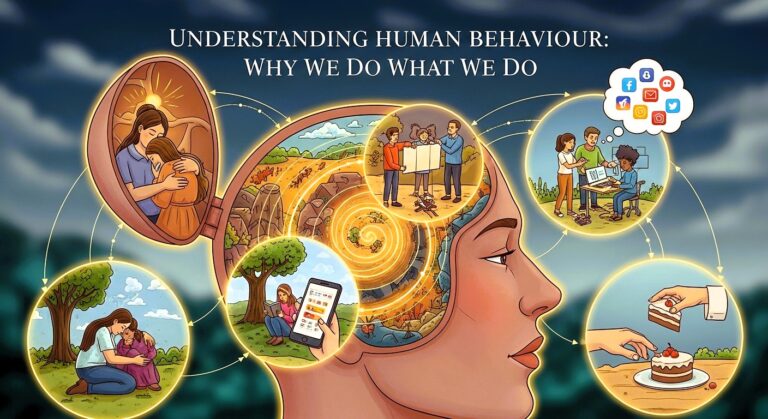Air Pollution: The Elephant in the Room (That Also Stinks Up the Place)
Air pollution the elephant in the room, let’s be honest: we all love a good deep breath of fresh, crisp mountain air. Now, wouldn’t it be great if we didn’t have to trek all the way to the Rockies, or invest in a hulking air purifier the size of a small fridge—just to fill our lungs with something that doesn’t smell like last week’s exhaust pipe? Air pollution is that uninvited party guest who never leaves, steals your snacks, and ruins the vibe for everyone. Yet, most of us forget that what’s “out of sight” is still “in our mouth, nose, and lungs.” So, let’s explore what air pollution really is, why it’s a global party crasher, and how we can politely show it the door. https://mrpo.pk/deforestation/

What Exactly is Air Pollution?
Imagine making a smoothie and accidentally dumping in some motor oil, a sprinkle of old tires, and, just for kicks, a handful of ground-up batteries. That’s a bit like what’s happening to our air: a “blend” of particles, chemicals, gases, and toxins, everything from soot and smoke to ground-level ozone and sulfur dioxide. Air pollution happens when these nasties end up where they don’t belong (spoiler: that’s anywhere near our noses).
Air pollution is the presence of substances in the air that are harmful to humans, other living beings or the environment. Pollutants can be gases, like ozone or nitrogen oxides, or small particles like soot and dust. Both outdoor and indoor air can be polluted.
Outdoor air pollution comes from burning fossil fuels for electricity and transport, wildfires, some industrial processes, waste management, demolition and agriculture. Indoor air pollution is often from burning firewood or agricultural waste for cooking and heating. Other sources of air pollution include dust storms and volcanic eruptions. Many sources of local air pollution, especially burning fossil fuels, also release greenhouse gases that cause global warming. However, air pollution may limit warming locally.
Air pollution kills 7 or 8 million people each year. It is a significant risk factor for a number of diseases, including stroke, heart disease, chronic obstructive pulmonary disease (COPD), asthma and lung cancer. Particulate matter is the most deadly, both for indoor and outdoor air pollution. Ozone affects crops, and forests are damaged by the pollution that causes acid rain. Overall, the World Bank has estimated that welfare losses (premature deaths) and productivity losses (lost labour) caused by air pollution cost the world economy over $8 trillion per year.
Common pollutants include:
-
Particulate matter (PM2.5 and PM10): Tiny bits of dust, dirt, or smoke so small you’d need a microscope to see them.
-
Nitrogen oxides & sulfur dioxide: The evil twins belched out by cars, factories, and power plants.
-
Carbon monoxide: The sneaky, poisonous gas with no smell or colour.
-
Ozone (at ground level): Great up high, but down here, it’s a throat scratcher.
Risk Factors of Air Pollution: Who’s Most at Risk?
Not all of us breathe the same air equally, literally! Some folks are playing this game on “hard mode” without even knowing it. Let’s take a look at who faces the highest stakes:
-

Kids on risk of air pollution Kids and the elderly: Their lungs are like new iPhones, fragile and expensive to repair.
-
People with asthma or heart conditions: For them, bad air is like levelling up in Mario Kart but without any power-ups.
-
Folks living near highways, factories, or in big cities: Proximity means exposure, often thanks to where they can afford to live.
-
Workers in certain industries, Construction, mining, and even nail salons, can crank up the risk.
Environmental risk factors, sweltering heat, little wind, and city “canyons” trapping fumes often conspire to make things worse, especially during those sticky summer days that make you question your life choices.
The Broad Impact: How Air Pollution Messes with Every Species
Air pollution the elephant in the room because air pollution is tough on us humans (cough, cough), but what about everyone else who calls Earth home? The problem goes way beyond the evening news and allergy pills.

-
Humans: It’s linked to asthma, heart attacks, strokes, lung cancer, lower birth weights, and even shortened lifespans. (It’s estimated to cause at least 7 million premature deaths every year. That’s like the population of New York City biting the dust before their time.)
-
Animals: Studies find polluted air can alter migratory patterns in birds, weaken immune systems in pets, and make the waters acidic that fish call home. Think of it as Mother Nature’s own series of unfortunate events on repeat.
-
Plants: Plants breathe, too! Airborne sulfur and ozone damage leaves, stunt growth, and reduce crop yields. Ever seen trees with sickly, spotted leaves? Blame the bad air.
Where’s It the Worst? A Tour of Troubled Spots
Some cities and countries have taken the brunt of bad air, turning their news headlines into cautionary tales:
-
New Delhi, India: The air here sometimes registers air quality numbers so high, it’s like the pollution equivalent of “Breaking the Internet.”
-
Beijing, China: Yes, you can actually see the air. Locals jokingly refer to smog levels as “airpocalypse.”
-
Lahore, Pakistan; Dhaka, Bangladesh; Jakarta, Indonesia; Ulaanbaatar, Mongolia: These cities frequently top the lists for hazardous air quality.
-
Los Angeles, California, and Salt Lake City, Utah (USA): Smog alert! Thanks to the sun, cars, and mountains, even the US isn’t off the hook.
Main Culprits: So, Who’s Farting in the Elevator?
Let’s not sugarcoat it: human activity is mostly to blame.
-

Air Pollution on city roads Vehicles: Cars, trucks, and motorcycles—basically anything with an engine—are huge sources of nitrogen oxides and particulate matter.
-
Fossil fuel power plants: Burning coal, oil, and natural gas for electricity creates a smorgasbord of pollutants.
-
Industry: Factories belch out chemical concoctions left and right.
-
Agriculture: Livestock means methane (cow farts are no joke), and fertilisers release toxic ammonia.
-

Wild fires Wildfires: Sometimes natural, sometimes due to human carelessness, always a source of that signature “campfire smell,” but way less fun.
-
Household products and waste burning: Paints, cleaning agents, and even burning trash.
Tactics and Tips: Let’s Clear the Air
Air pollution might seem like a beast we can’t slay, but there are heroic moves we can make. Cue the inspirational montage music!

1. Go Green (and I Don’t Mean Moldy Cheese)
-
Plant trees! They act like Mother Earth’s very own Swiffer.
-
Support urban green spaces—they cool cities and filter dirty air.
2. Smarter Transportation Choices
-
Walk, bike, carpool, or try public transit—anything to keep a few more cars off the road.
-
If you can, go electric or hybrid; your wallet and lungs will thank you later (eventually).
3. Energy Revolution
-
Switch to renewable sources, solar, wind, hydro, so we aren’t burning mountains of coal for that extra hour of Netflix.
-
Be an “energy vampire-slayer” at home: unplug devices, use LEDs, and insulate your house to reduce the need for excessive heating or cooling.
4. Advocate and Educate
-
Ask local leaders to tighten up standards, put money in greener tech, and get serious about those pollution alerts.
-
Share facts, politely!, with family, friends, and that neighbour who insists his diesel pickup is “harmless.”
5. Personal Habits
-
Don’t burn trash or leaves; compost instead.
-
Use eco-friendly products and paints—your house shouldn’t smell like a chemical plant.
And, hey, if you’re itching to make a difference, sometimes it’s those little moments, a reusable bag here, a bike ride there, that add up like compound interest. Imagine if everyone on your block did the same!
Inhale Hope, Exhale Change

If you’ve made it this far without gasping for fresh air, there’s hope. Air pollution is a worldwide bugbear, sure, but the solutions are in our hands (and beneath our sneakers). Cleaner air doesn’t just mean more blue-sky days and better sunset Instagram shots. It means healthier kids, happier pets, thriving gardens, and, perhaps most importantly, a home worth coming back to.
After all, we’ve only got one shared apartment in this cosmic neighbourhood, Earth. Air Pollution, The Elephant in the Room, so let’s open the windows, let in some light, and agree not to trash the place, shall we? Just remember: the next breath you take could be the first step to a cleaner future.
Now, who’s ready for a breath of (figuratively) fresh air?



